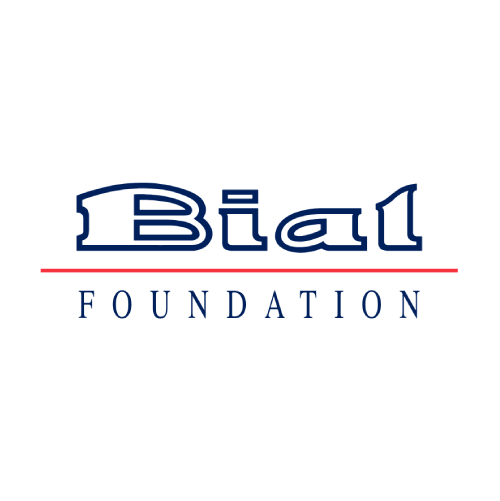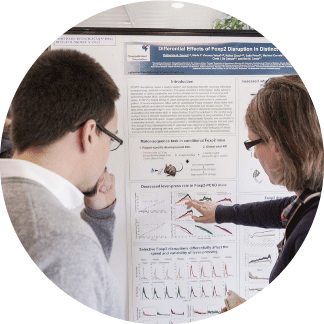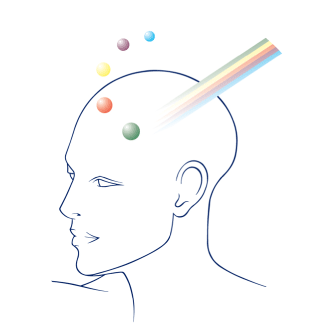News
Top Stories

Near-death experiences among ICU survivors
Research with 126 patients admitted to ICU for at least 7 days reveals that 15% reported having experienced a near-death experience.
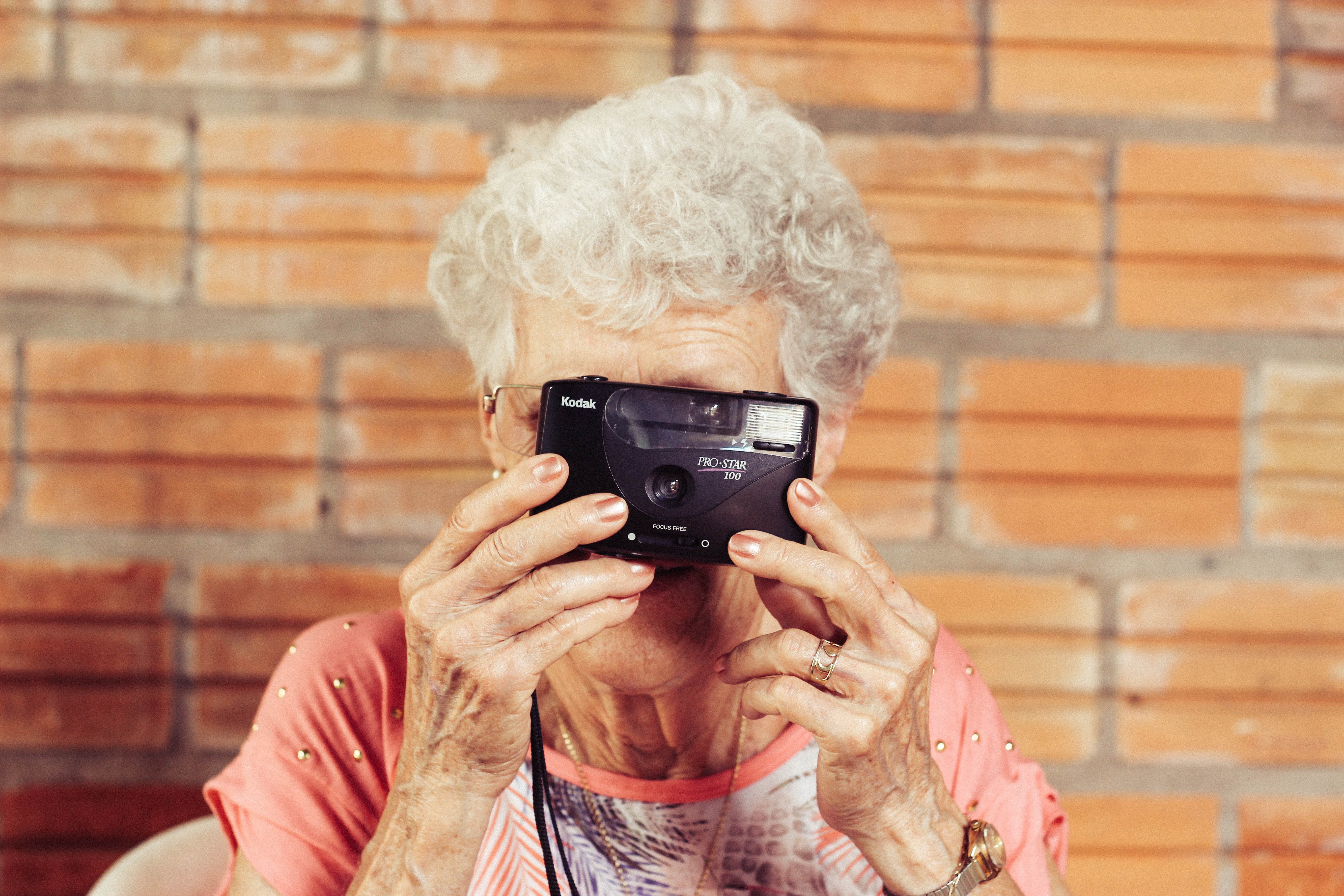
Elderly people can improve episodic memory by neurostimulation of the cerebellum
A study demonstrated that neurostimulation of the cerebellum led to improvements in episodic memory performance in healthy elderly individuals.

Does aging change the way we interpret face processing of emotion?
Study shows that aging may hamper the neural processing of facial expressions of emotion.
News
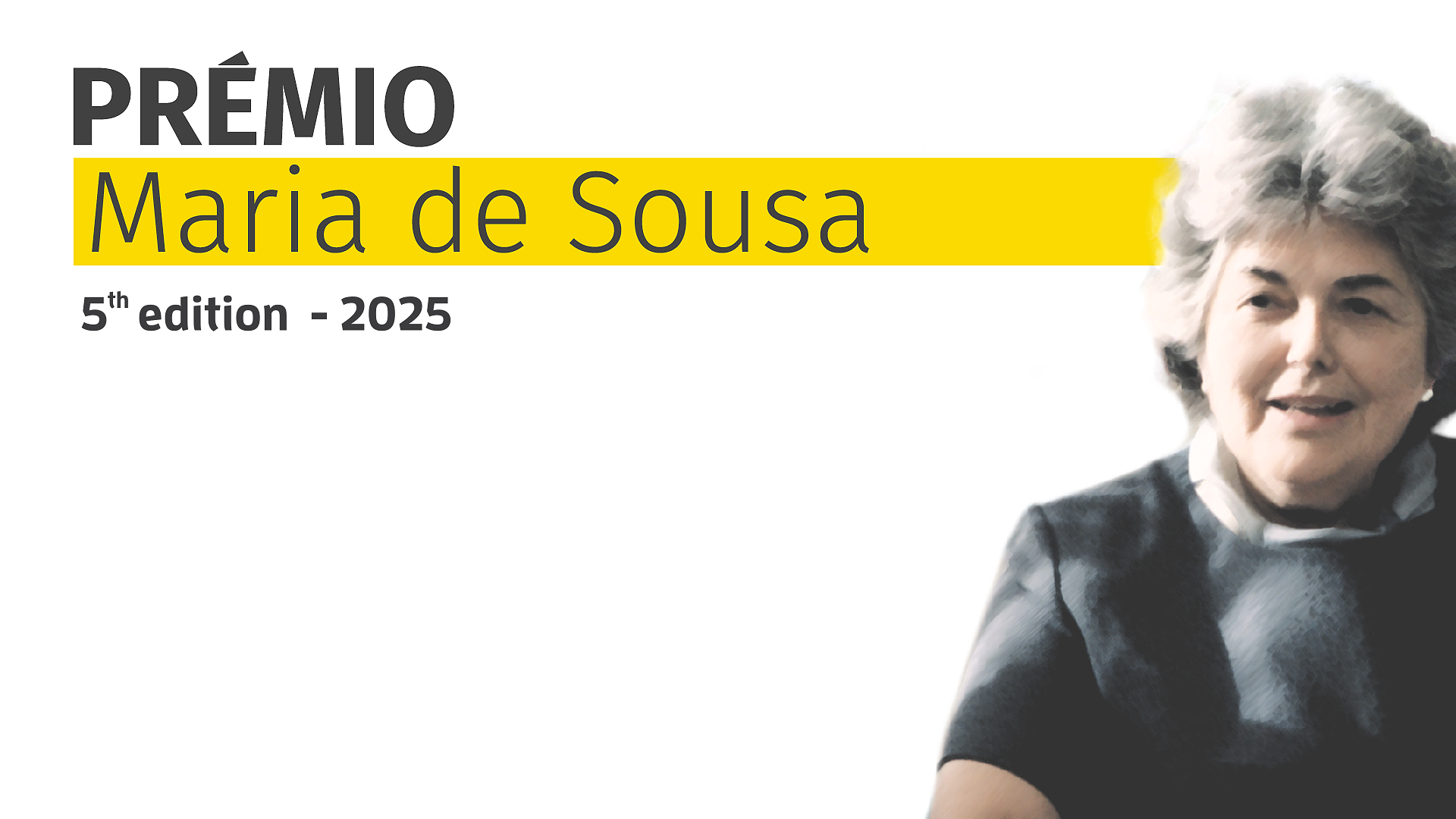
Maria de Sousa Award 5th edition - 2025: applications are open
Applications are now open for the Maria de Sousa Award 5th edition - 2025, promoted by the Portuguese Medical Association and the BIAL Foundation to honour the physician and great researcher Maria de Sousa. The deadline for applications is 31 May.
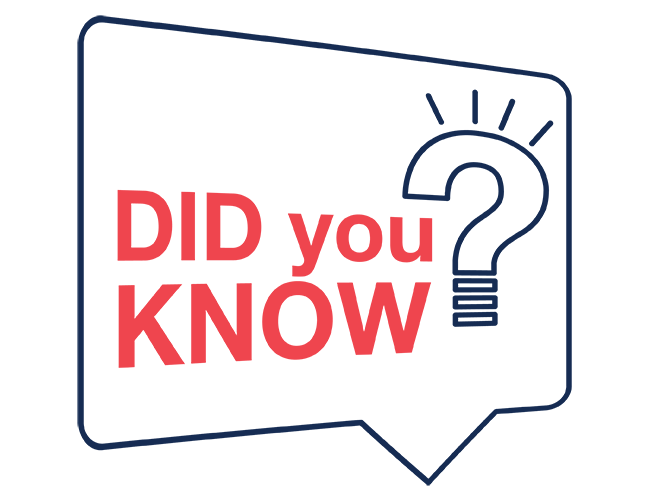
The BIAL Foundation has received 432 applications for the Grants Programme for Scientific Research
Did you know that the BIAL Foundation received 432 applications from 29 countries for the Grants Programme for Scientific Research 2024/2025, and 80 were approved?

BIAL Award in Biomedicine 2025 increases value to 350,000 euros and opens nominations
The fourth edition of the BIAL Foundation international award, the BIAL Award in Biomedicine, is underway, with nominations open until 30 June. This edition, with an increase in value to 350,000 euros, seeks to recognise work published in the broad biomedical field within the last ten years, the results of which are considered of exceptional quality and scientific relevance.


